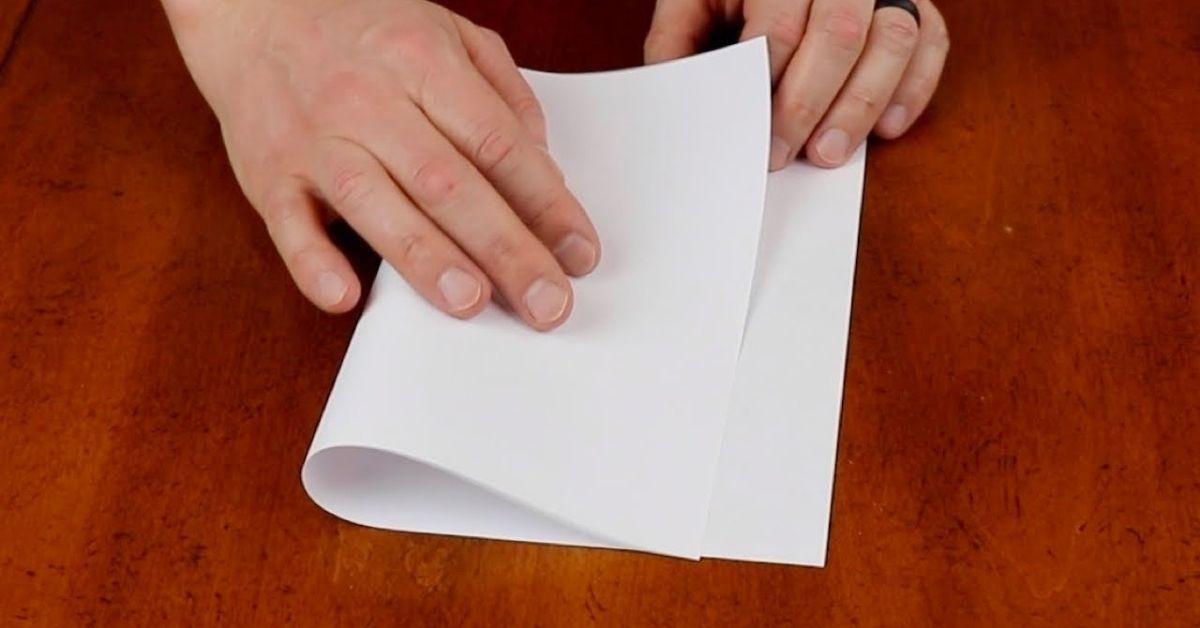Fast, accurate, and accessible SARS-CoV-2 testing can mitigate the spread of COVID-19 in the Philippines. However, the limited supply of expensive foreign test kits has hampered this over the last few months. Fortunately, scientists and researchers from the UP National Institutes of Health (NIH) and the UP Philippine Genome Center (PGC) have developed the GenAmplify COVID-19 detection kit. This diagnostic tool utilizes existing hospital equipment to deliver quick results at a fraction of the cost.
According to UP PGC Deputy Director and team leader Dr. Raul Destura, the Pinoy-made diagnositic kit began development after scientists from China made the SARS-CoV-2 genome sequencing publicly available on January 12, 2020. This gave all researchers across the globe the “same starting point [and] timeline” in creating test kits. With funding from the Department of Science and Technology’s Philippine Council for Health Research and Development (DOST-PCHRD), Destura and his team developed the kit, which will cost about PHP 1,320 per test. This is less than one-sixth of the cost of the imported kits currently in use (PHP 8,500/test).
The GenAmplify COVID-19 detection kit is not an over-the-counter self-test kit. Only properly trained medical professionals in hospitals with the right equipment can administer and handle these tests.
How the test kit works
The test itself is simple and straightforward:
Step 1: The medical professional, dressed in protective gear, will use a specialized swabbing tool to safely obtain samples from the patient’s nose and throat. The samples will be placed in a viral transport medium, properly sealed to prevent any pathogens from contaminating the environment.
Step 2: The samples will be transported to a hospital laboratory for testing. Only Biosafety Level 2 (BSL–2) labs—those equipped with a biological safety cabinet (BSC) to prevent aerosol infection, self-closing doors, and efficient cleaning and decontamination facilities—are qualified to handle this step.
Step 3: Ribonucleic acid (RNA) genetic material, which will indicate whether or not the patient was infected with SARS-CoV-2, will be extracted from the samples.
Step 4: In a separate room, the extracted material will be combined with the solutions from the test kit.
Step 5: A polymerase chain reaction (PCR) machine will then “amplify” the mixture inside tubes. Amplification involves “copying” segments of the genetic material, making it possible to analyze the RNA even from such a small sample. This efficient and relatively inexpensive technique, which is also used in detecting hepatitis and HIV, helps keep the cost of the test low.
Step 6: The PCR machine will then be able to gauge the virus content in the sample, determine the presence of COVID-19, and print out the positive or negative result.
The entire process takes about 1.5 hours. This makes it possible to obtain results within the day.
Next steps
The kit will undergo two to three weeks of field validation, in which tests will be run side by side with official tests from the Department of Health (DOH). For the duration of this phase, any positives from the local kit will only be announced and added to the national tally after DOH officially confirms the results. After the World Health Organization (WHO) validates the kits, they can be deployed in hospitals with the required facilities. The manufacturer, Manila HealthTek, Inc., is capable of producing around 200 kits per week. As of this publishing, there are already 6,000 kits available for validation.
Still remember your 5th-grade science classes? Test your knowledge and see if you still remember these facts and fundamental concepts in human anatomy, biology, botany, and other branches of science. Click here to try the “Are You Smarter Than A Pinoy Fifth-Grader” Challenge.
Follow the hashtag #FlipFacts on Facebook and Instagram to get your daily dose of science trivia!
Cover photo: Mikael Angelo Francisco
References
- https://news.mb.com.ph/2020/03/12/6000-up-developed-covid-19-test-kits-now-in-stock/
- https://www.genome.gov/about-genomics/fact-sheets/Polymerase-Chain-Reaction-Fact-Sheet
- https://www.gmanetwork.com/news/news/nation/724766/up-national-institutes-of-health-develops-test-kit-for-novel-coronavirus/story/
- https://www.gmanetwork.com/news/scitech/science/729451/how-the-up-developed-covid-19-test-kits-will-be-used/story/
- https://www.philstar.com/headlines/2020/03/11/1999932/use-developed-covid-test-kits-okd
- https://www.rappler.com/nation/254168-up-coronavirus-test-kits-possible-roll-out-march-16-2020
Author: Mikael Angelo Francisco
Bitten by the science writing bug, Mikael has years of writing and editorial experience under his belt. As the editor-in-chief of FlipScience, Mikael has sworn to help make science more fun and interesting for geeky readers and casual audiences alike.










